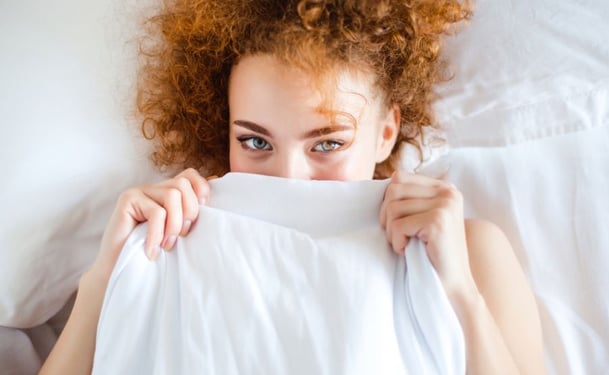Pubic lice is a growing threat among those who have multiple sexual partners. While the disease is fairly innocuous and does not cause long term damage, if left untreated, it can spread to other sexual partners. By learning how to prevent recurring infections and to stop the spread of pubic lice, the lice can be controlled, killed and managed. Pubic lice can be remedied on one's own, without the need for a medical professional in most cases. If traditional cures do not work, a person should speak with his doctor.
Stopping a Pubic Lice Infection
If patients are already infected by pubic lice, there are steps they should take to kill the lice. The first step is to correctly identify the lice, which can be seen in the pubic hairs. In addition, the lice eggs can be seen clinging to the hairs, though these are much smaller in size. To kill the infection, a person can use over the counter lice remedies which are also used on the scalp. Following the directions on the packaging will help to stop the lice from hatching and laying more eggs. Eggs which are already present on the pubic hairs will need to be removed with a lice picking comb. Shaving the public hair will not remove the infection on its own. Using medication is the key to killing all pubic lice. Any partners will need to treat themselves for lice as well, even if they haven't seen symptoms yet.
Managing the Spread of Lice
Once people have treated themselves, they need to move on to killing any other lice in their home. This requires washing the sheets and any clothing which may have come into contact with the lice. These items should be washed in bleach and very hot water to ensure the lice are killed completely. The sheets and clothing of any sexual partners should also be washed to contain the infection. Sexual contact should be avoided until the lice infestation is under control and no more symptoms or eggs can be seen on the pubic hairs. This process can take weeks, depending on the severity of the condition.
Prevention Is the Best Cure
Preventing pubic lice is the best way to avoid needing treatment. Condoms will not protect the public hair from live infections, so it is important to talk with partners before engaging in sexual contact. Having a frank discussion about one's sexual health and history will help to prevent the transmission of pubic lice. Once any pubic lice is found, sexual contact should stop and both partners should be treated immediately. In addition, any other sexual partners will also need to be treated in order to keep the lice from spreading.
Though pubic lice may be seen as simply a side effect of regular sexual contact, this need not be the case. By taking the time to educate one's self about the condition, how to treat it, and how to prevent it, a person's sexual health can be protected as can the health of all partners they have.



